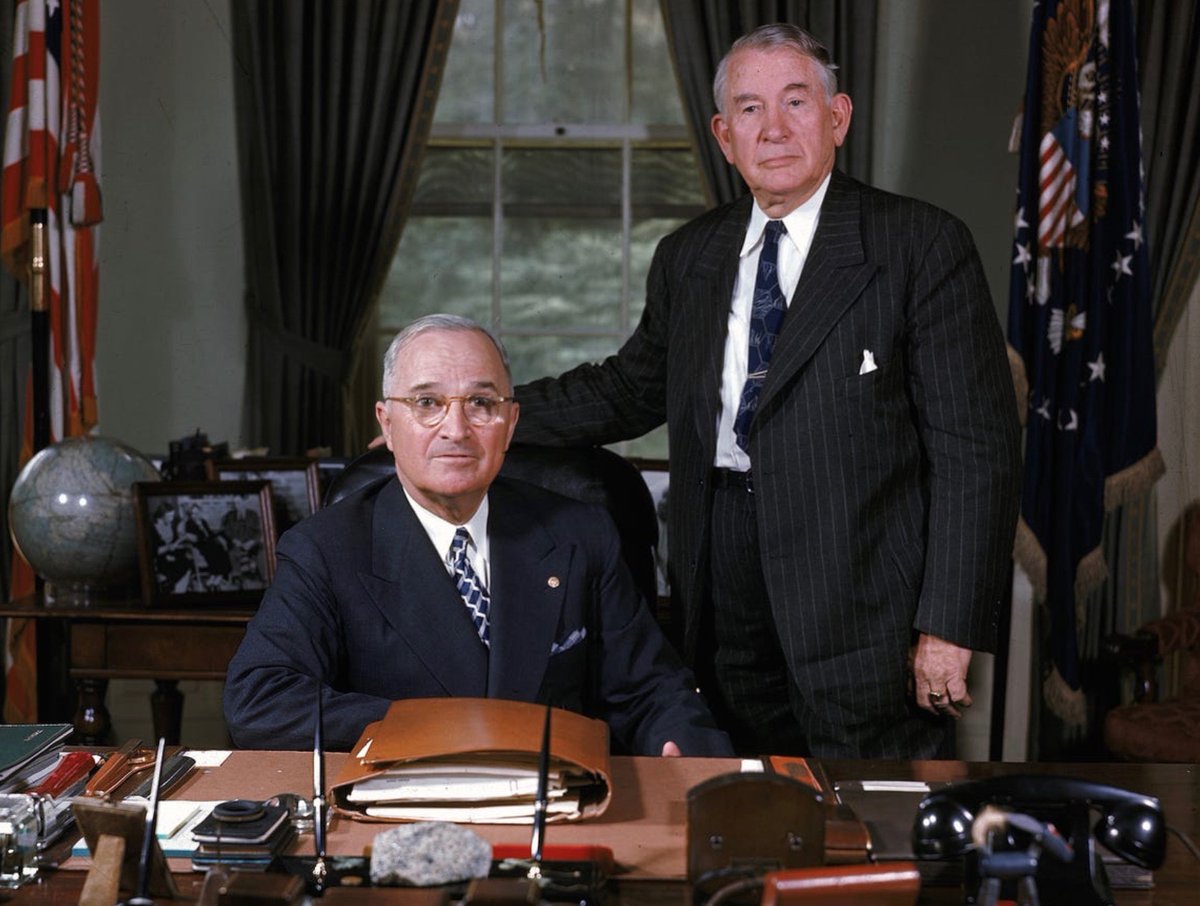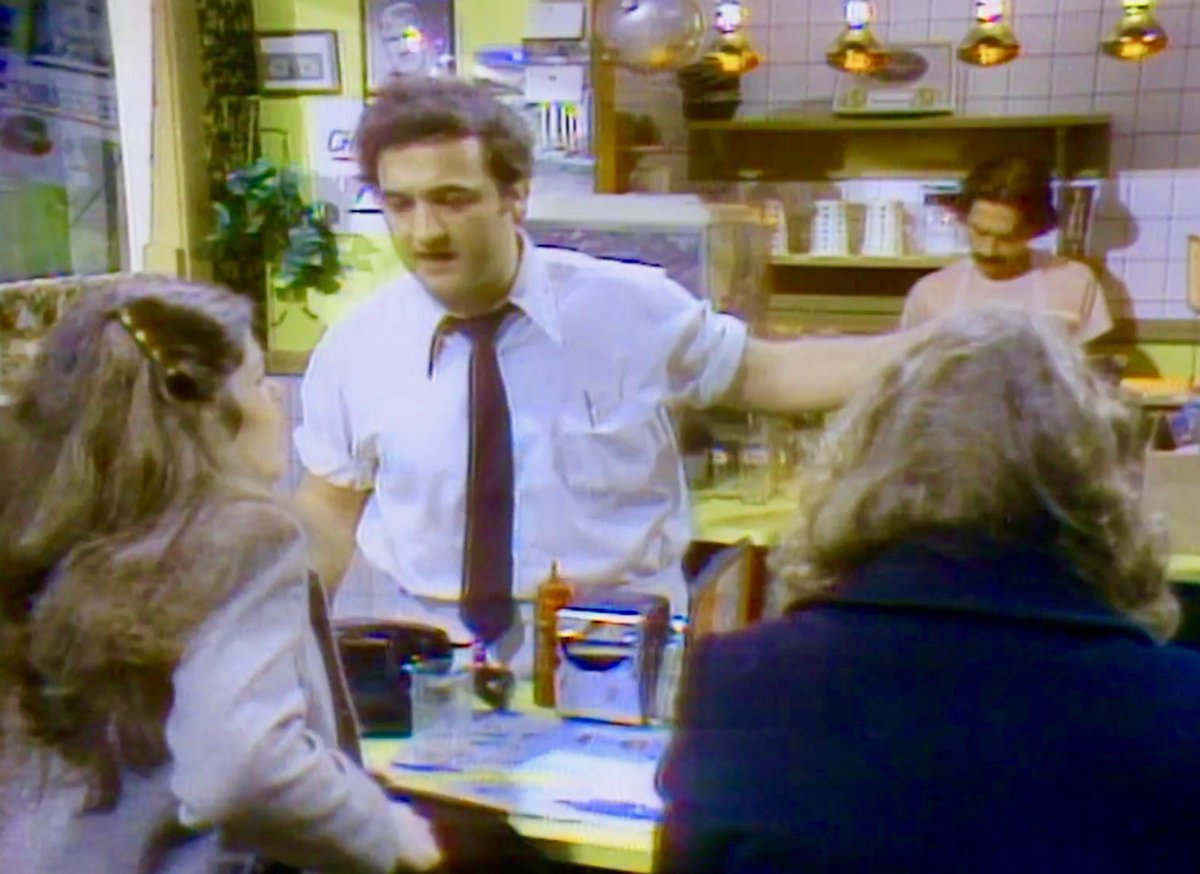
Lorraine Motel, night of April 4, 1968: #Groskinsky 

Lorraine Motel in Memphis, where MLK was assassinated, was named in 1945 for “Sweet Lorraine,” popularized by Nat King Cole, who stayed there, as did other Black stars such as Sarah Vaughn, Otis Redding, Aretha Franklin, Louis Armstrong: 

Dr. King's still-open briefcase, photographed in his room at Lorraine Motel, Memphis, just after his assassination, tomorrow night 1968: #Groskinsky 

In MLK’s briefcase when he was assassinated, tomorrow night 1968, was copy of his book “Strength to Love”: 

Lorraine Motel, Memphis, owner Walter Bailey and guest Jackie Robinson: #NCRM 

Martin Luther King, Jr., carried down stairway, Lorraine Motel, April 4, 1968: #Louw 

Chet Huntley of “The Huntley-Brinkley Report” on assassination of Martin Luther King, Jr., April 4, 1968: @NBCNews 

• • •
Missing some Tweet in this thread? You can try to
force a refresh












